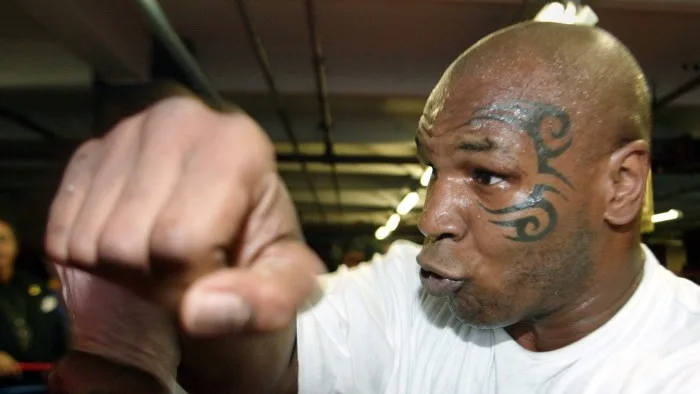Unlock the Editor’s Digest for free
Roula Khalaf, Editor of the FT, selects her favourite stories in this weekly newsletter.
How can companies plan ahead when it feels like tomorrow may look nothing like today? It’s the question hanging over boardrooms as business leaders contend with a barrage of challenges — from AI disruption and geopolitical tensions to tariffs and financial market fluctuations driven by how trigger-happy the US president is on social media. The feeling of heightened uncertainty is palpable.
US airline companies are withdrawing full-year financial guidance while carmaker Ford suspended making forecasts on its outlook, citing “substantial industry risks”. From Unilever to HSBC, corporations are having to make explicit warnings over unpredictable policy and uncertainty over interest rates and consumer confidence.
In this climate, it’s no wonder the tools used to stress test corporate strategies are under scrutiny. For decades, scenario planning has helped organisations map out a range of futures based on variables including economic shifts, technological leaps and regulatory changes. Pioneered at Shell — which anticipated the 1973 oil shock — scenario planning has been a corporate staple since.
But as boxer Mike Tyson famously said: “Everyone has a plan until they get punched in the face.” Or as one UK board chair told me: “The one scenario everyone seems to have forgotten to plan for is the one where all the scenarios are wrong.”
The degree of uncertainty today might feel familiar for those executives reaching for their Covid playbooks. But the situation now is arguably more complex with risks evolving daily. It is not just the whiplash of the Trump administration’s tumult of policy changes and quick reversals.
Even if some deals are secured to ease trade tensions, a new corporate landscape is emerging as the globalisation that underpinned growth over the last 40 years comes under threat from more mercantilist forces.
Technological advances allowing information to flow quickly across timelines and geographies also means upheaval across far reaches of the world feels near, amplified and overwhelming.
“Some things are quantitatively and qualitatively different this time,” argues Martin Reeves at BCG’s Henderson Institute think-tank. Crises are multi-faceted, increasingly political, and “there is continuous uncertainty. In recent years we have just seen one thing after another”.
It’s a common refrain among business leaders that they’re in a wait-and-see mode. But wait too long and companies lose momentum, become less innovative and enter into a state of decision paralysis. Act too soon and businesses might make costly choices that require backtracking.
Daria Krivonos, chief executive of the Copenhagen Institute for Futures Studies, says there is a high degree of “wishful thinking” at most companies at the highest levels. “Everybody is looking for certainty and wants to land on one model for the future,” she says.
Krivonos adds that rather than identifying standard best case, worst case and base case scenarios, companies should look at micro scenarios that are directly relevant to the business, stress testing each assumption separately.
But scenario planning was never about predicting the future — it’s about training for it. Asking “what if?” has clear benefits. David Niles, a strategic adviser to chief executives, tells his clients that “it’s not about getting the forecast right — it’s about having a series of plays ready, so when the unexpected happens, you’re not frozen”.
It’s one thing to imagine alternative futures, but another to know when to shift course. In the short term, leaders need to buy themselves time.
Simon Freakley at management consulting firm AlixPartners recommends “no-regrets” moves to secure supply chains, operations, cash sources and customers such as scrutinising liquidity and working-capital, refining pricing and forecasts, focusing on top customers and segments, and being alert to risks such as cyber security.
Beyond these immediate steps, companies need to think hard about their organisational capabilities to find advantages. One chief financial officer told me recently, “In this environment, it’s easier to identify risks than it is to see the opportunities.” If companies focus only on downside protection, they may miss the upside in moments of disruption.
The goal of scenario planning isn’t just to survive one crisis after another. It’s also to become the kind of organisation that can adapt and grow no matter what’s around the corner.

